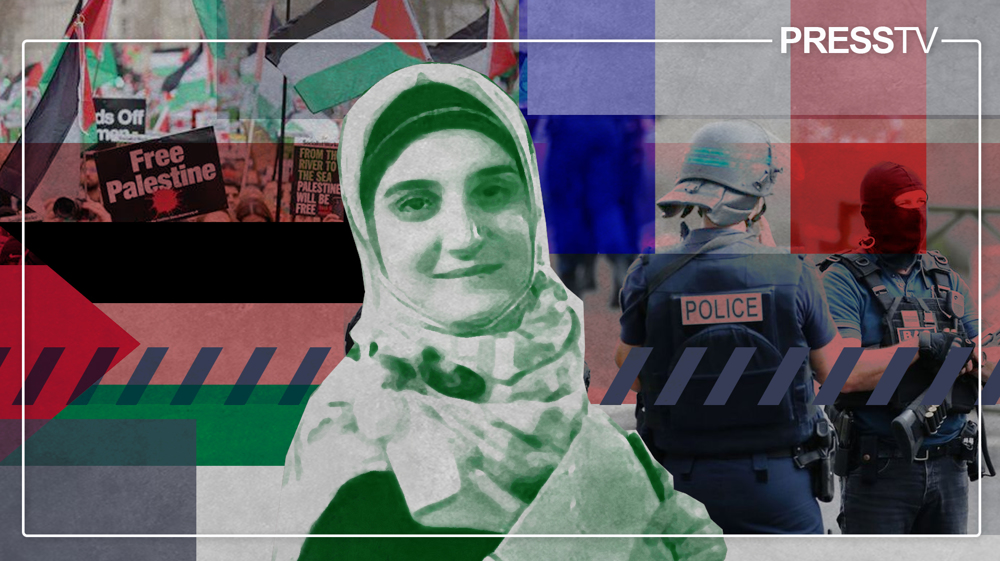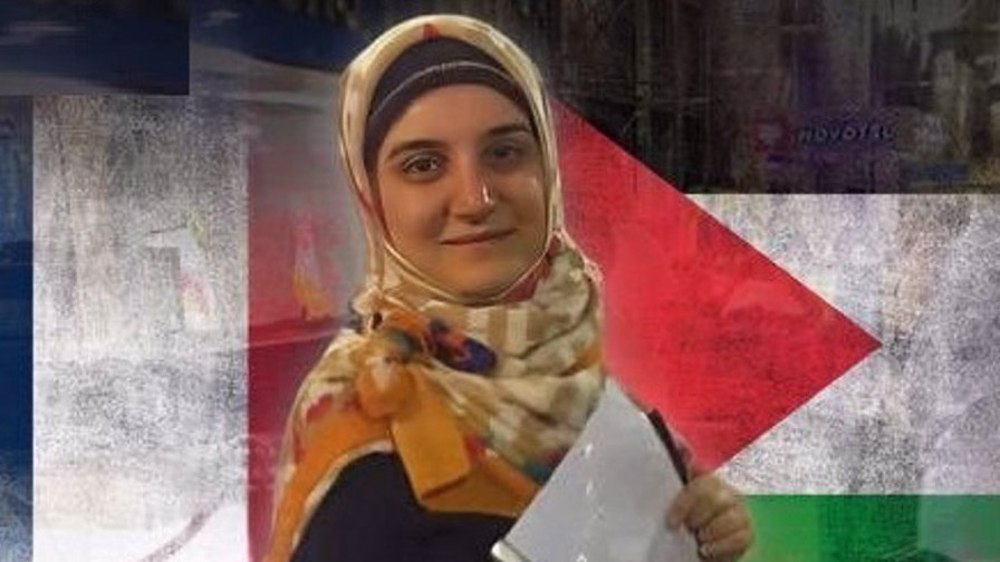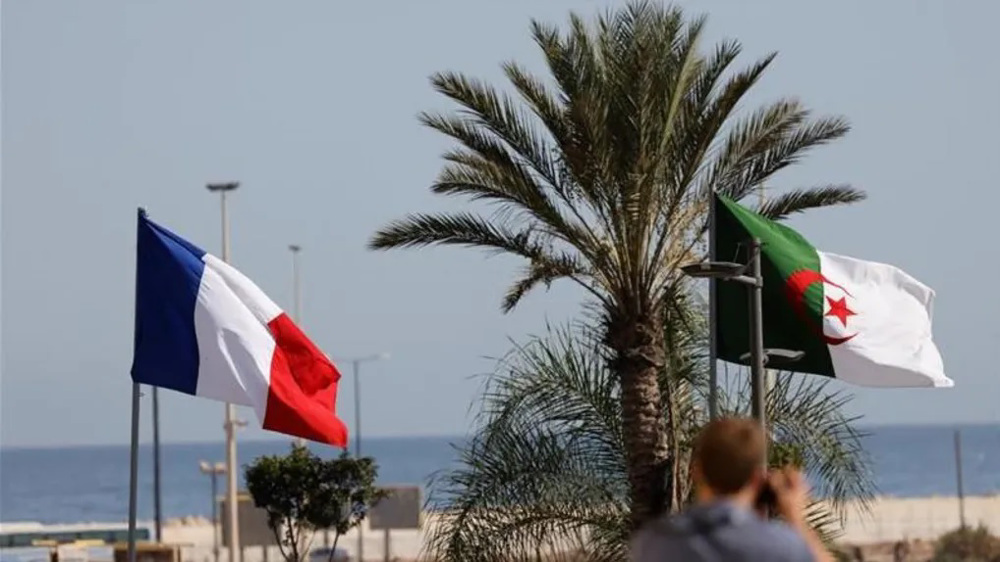One police officer injured in latest unrest on French island of Guadeloupe
Further civil unrest broke out overnight on Friday in the French overseas territory of Guadeloupe and at least one police officer was injured, the Caribbean island's prefect said.
Police officers came under attack from gunfire, stones and petrol bombs, the chief representative of the central French state said in a statement.
Guadeloupe and the nearby French island of Martinique have been the scene of demonstrations and violent clashes rooted in long-running concerns over the high cost of living, low wages, youth unemployment and mistrust of the Paris government.
France has postponed implementing a COVID-19 vaccination mandate for health workers in the two Caribbean islands after the measure spurred widespread protests on the French territories in which police officers were injured and journalists attacked.
In Guadeloupe, there is a historic mistrust of the French government’s handling of health crises after many people were systematically exposed to toxic pesticides used in banana plantations in the 1970s in Martinique and Guadeloupe.
The incident exposed a significant part of the population to health dangers and related cancers and polluted the soil.
The product was banned in the US in 1976 and in France in 1990, but special provisions were made for its continued use in the Caribbean territories until 1993.
The French government said in November that it was open to discussing autonomy for Guadeloupe where a curfew was put in place at the end of last year in an effort to curb protests.
Guadeloupe was colonized by France and is an overseas department of that nation and, therefore, as a part of France, it is a member of the European Union.
There have been numerous attempts at autonomy since the Second World War, though none have been successful. The anger of people living in Guadeloupe is because a country 7,000 kilometers away is governing them, constantly treating them as second-class citizens.
Although Guadeloupe is economically dependent on France, people living in Guadeloupe rarely enjoy a quality of life comparable to that of mainland France. Guadeloupe receives 972 million euros from the EU each year, but its youth-unemployment rate has hovered around 50 percent for decades.
Throughout history and during centuries, France, as a so-called human rights defendant, has been one of the world's colonizing countries that after many years of slavery still controls countries spread over more than 12 territories and treats their people as second-class citizens.

Who is Mahdieh Esfandiari, Iranian academic jailed in France for pro-Palestine advocacy

French police detain female Iranian academic to silence anti-Israeli genocide voices

Diplomatic tension flares as Algeria threatens to expel 12 French officials
VIDEO | Press TV's news headlines
VIDEO | Paris rally condemns Israel, decries killing of Palestinian journalists
VIDEO | Italy's Meloni visits US to discuss Trump's tariffs as EU unity at risk
VIDEO | Syria under HTS
1 killed as US keeps up deadly escalation against Yemen
ICC sues Hungary for failing to arrest fugitive Israeli war criminal Netanyahu
VIDEO | Western coverage of Israeli war on Gaza
VIDEO | US's broken commitments







 This makes it easy to access the Press TV website
This makes it easy to access the Press TV website